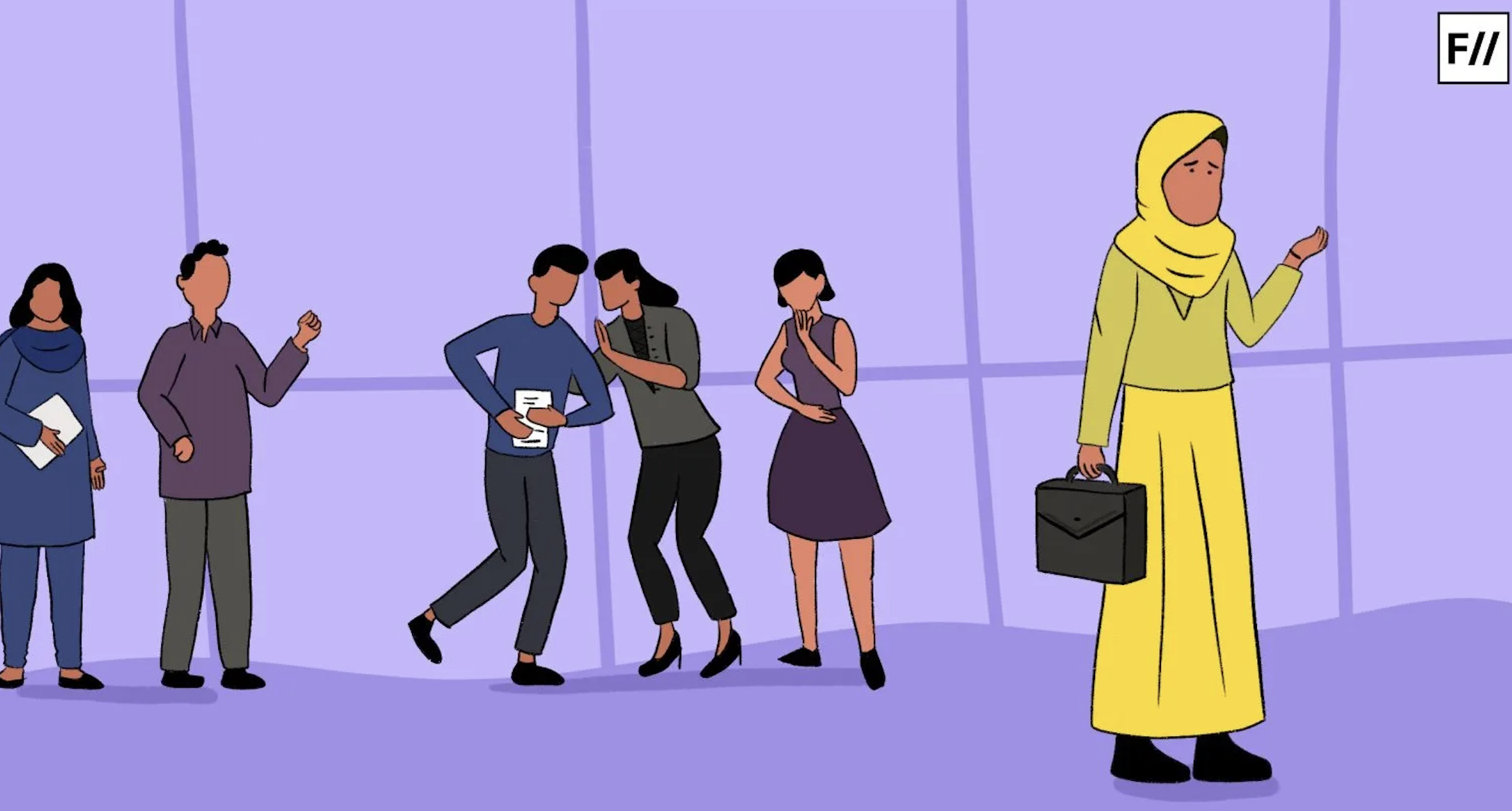
Owing to the historical roots of oppression, violence and threatened citizenship, the mental health of Indian Muslims is depleting, leading to loss of employment opportunities, financial constraints and mounting hostility. In the report entitled “Social Suffering in a World without Support,” (December 2022) by Bebaak Collective, Muslims hailing from varying regions, castes and classes, across differing degrees of educational levels were interviewed to analyse the detrimental effects of a polarised environment on the mental and emotional health and well-being of the Muslims of India.
One is compelled to make sense of their experience of communal violence to analyse their deteriorating quality of life and mental health. According to the study entitled “Caste, Religion and Mental Health in India” by Ashish Gupta and Diane Coffey, Muslims are more prone to anxiety and subsequent mental disorders relative to upper-caste Hindus, even if the variables of income, educational level, age, expenditure, rural/urban residence are not accounted for.
The intensive research conducted by the Bebaak Collective sheds light on the fact that continuous experiences of systemic violence and injustice harbour feelings which cannot be encapsulated under clinical concepts like Post-Traumatic Stress Disorder (PTSD). The escalating trauma is not the outcome of solely one profound incident like a war, it is the result of a series of subtle and direct discrimination, violence and exclusion, tying them down to only one aspect of their identity: religion.
Bleak hopes and aspirations for Muslims
Violence is not merely physical, it not only harms one externally but impacts one’s emotional health and psychological well-being. A new strategy has surfaced in the face of rising communalism in the country, popularly known as “bulldozer politics,” which entails the destruction of one’s means to procure and sustain a livelihood, homes and a sense of security, as highlighted in the riots in Khamaria, Madhya Pradesh in 2022. The Khamaria riots boosted barriers for women, influencing their decisions to venture into the public sphere and engage in social interactions while being mindful of their safety. A sense of community was lost, inducing feelings of helplessness and powerlessness. Rebuilding one’s life after a riot is like starting from scratch, owing to the loss of financial and mental security.
This story was originally published in feminisminindia. Read the full story here.

